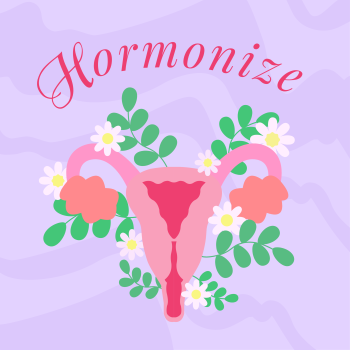
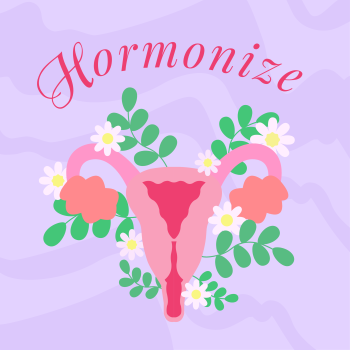
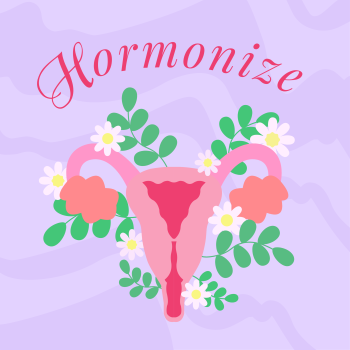
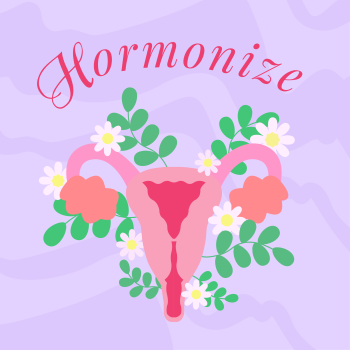
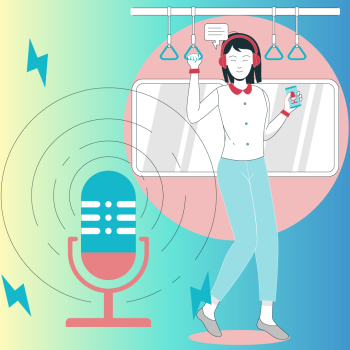


|
Through this programme, we identify and analyse the social, political, civil and cultural implications of human rights law, humanitarian law and participatory democracy at the individual level. Further, we aim to improve young and adult learners' perceptions of the today's diverse and multicultural society in which gender, sexual, and racial discrimination, oppression, racism and hate speech undermine efforts to equal rights and equal opportunities.
Objective Through empowerment and advocacy, we aim at facilitating youth and youth workers to build a universal culture of human rights; involves not only learning about human rights, how they can be violated and the mechanisms that aim to protect them, but also the acquisition and reinforcement of skills needed to practically apply human rights, and the development of values and behaviours that uphold human rights through actions that defend and promote them.
Our approach To facilitate human rights advocacy, our training focus on developing the basic knowledge necessary to raise awareness about human right violations and their consequence. Training learning activities are designed to strengthen the learner capacity in disseminating information and designing training courses on how to overcome oppression, discrimination, racism and hate speech from an intersectional criticism, that human rights cannot be upheld without an adequate state of participatory democracy.
Achieving impact Our focus is on integrating a participatory, gender-sensitive, and human rights -based approach from analysis, planning, designing, to delivering youth work initiatives. Our training encompasses the tools intended to help human rights activists complete their projects by integrating a human rights-sensitive aspect throughout the lifecycle of their initiatives. Since each problem exists in a very specific context, thus, before addressing the problems, needs or gaps in their societies, our participants are also taking society's racial, gender, and human rights contexts into consideration. Explore more here! |




